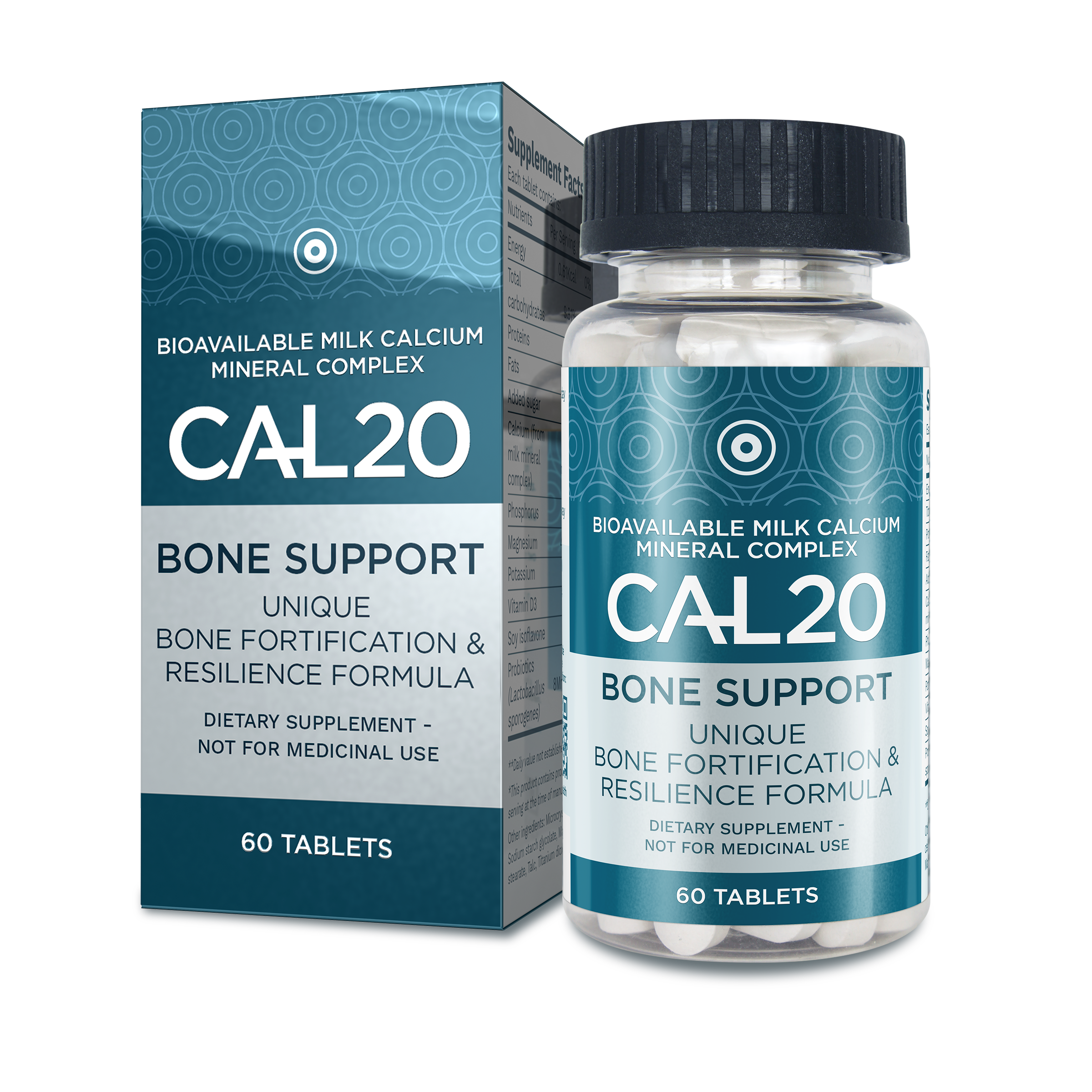Ketosis is a word you may have heard a lot, especially in the area of intermittent fasting and weight loss but what is Ketosis and what are Ketones?
Ketosis occurs when the body does not have enough glucose (sugar) to use for energy, so it starts to break down stored fat for fuel instead. Ketones are organic compounds that are produced by the liver when the body is in a state of ketosis. So in layman’s terms ketones are chemicals the body produces when it breaks down fat for energy and Ketosis is when the body is burning fat for energy instead of glucose (sugar).
The three main types of ketones that the body produces are:
- Acetoacetate: This is the first ketone that is produced during ketosis, and it can be converted into two other types of ketones (beta-hydroxybutyrate and acetone).
- Beta-hydroxybutyrate: This is the most abundant ketone in the blood during ketosis, and it is used by the body for energy.
- Acetone: This is a volatile ketone that is produced as a byproduct of acetoacetate breakdown. It is eliminated from the body through the breath and urine and can sometimes cause a fruity smell on the breath of people in ketosis.
Ketones
Ketones can be measured in the blood, urine, or breath, and they are often used as a marker of ketosis in people following a ketogenic diet or in individuals with diabetes.
Normally, the body uses glucose from carbohydrates as its primary source of energy. However, when there is a shortage of glucose, such as during periods of fasting, low-carbohydrate diets, or in people with diabetes, the body begins to break down stored fat into molecules called ketones, which can be used for fuel.
Ketosis
During ketosis, the liver converts fat into ketones, which are then released into the bloodstream and used by the body’s cells for energy. The brain and other organs can also use ketones for energy, which is why the body is able to function normally, even when glucose levels are low.
Ketosis is commonly associated with low-carbohydrate, high-fat diets such as the ketogenic diet, which involves severely limiting carbohydrate intake, while increasing fat and protein consumption. However, ketosis can also occur in response to other conditions, such as prolonged fasting, uncontrolled diabetes, or alcoholism.
Ketosis can have some health benefits, such as weight loss and improved insulin sensitivity, however, it can also have potential side effects, including dehydration, nausea, headache, bad breath, and in extreme cases, a potentially life-threatening condition called ketoacidosis.
It is essential to consult with a healthcare professional before embarking on a ketogenic diet or making any significant changes to your diet to induce ketosis.
An excerpt from the book ‘Younger For Longer’
by Dr Duncan Carmichael
There are three ways to provide the brain with ketones.
- The first is to eat healthy oils that the body can easily convert to ketones. This means eating food high in good fats, such as coconut oil, palm oil, olive oil, cheese, butter, eggs and many others. The liver then converts these to ketones. A particularly good source is MCT oil (MCT stands for medium-chain triglycerides; the oil comes from coconut oil and other oils), and you can find it in most health shops.
- The second is to eat what are called exogenous ketones, which are simply ketones from outside your body – in other words, ketones that you eat in ketone form. These days you can buy ready-made ketone powder or oil, which bypasses the need for the liver to convert it into ketones, and that means the brain can use it immediately for energy.
- And the third is to generate your own ketones from its own fat stores. How to do that? By eating a low-carbohydrate diet, which we already know benefits heart health. When it comes to brain health, the medical world has been using this diet for a century to treat head injuries and epilepsy, because it reduces brain inflammation and encourages the brain to heal. If it sounds useful, that is because it is: by removing sugars and starches from the diet, we encourage our body to make energy in the form of ketones, which we know our brain can use. Indeed, Alzheimer’s patients on a low-carbohydrate diet exhibit significantly improved memory scores compared to those on a high-carbohydrate diet.
Combine
Consuming MCT oil and eating a low-carbohydrate, healthy fat (LCHF) diet will, I believe, one day be proven to have the biggest impact on brain health. Why? Because removing carbohydrates from the diet protects the brain, and adding ketones both protects the brain’s cells and improves energy functioning within brain cells. If we add intermittent fasting (not eating between 6pm and 10am), then we create a triple win for brain health, because intermittent fasting is known to boost the production of brain-derived neurotrophic factor (BDNF), which stimulates new brain tissue.
Low-carbohydrate eating and intermittent fasting are increasingly developing into the golden thread of health. Our best chance of stimulating our longevity genes is to reduce insulin, and that we can do this by fasting intermittently and by removing carbohydrates. Those who suffer from inflammation and obesity may have the best chance to lower the risk of a heart attack by reducing insulin through fasting intermittently and by cutting carbohydrates.




